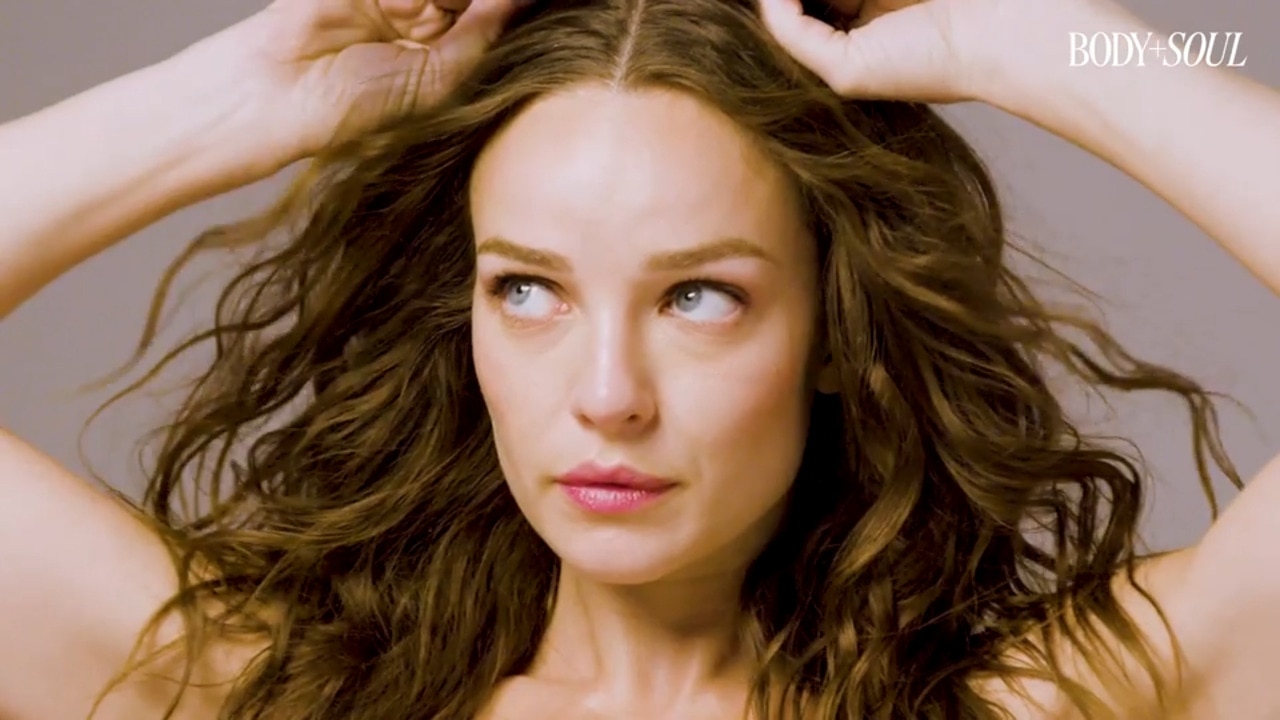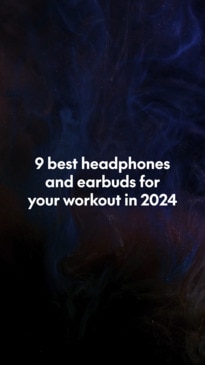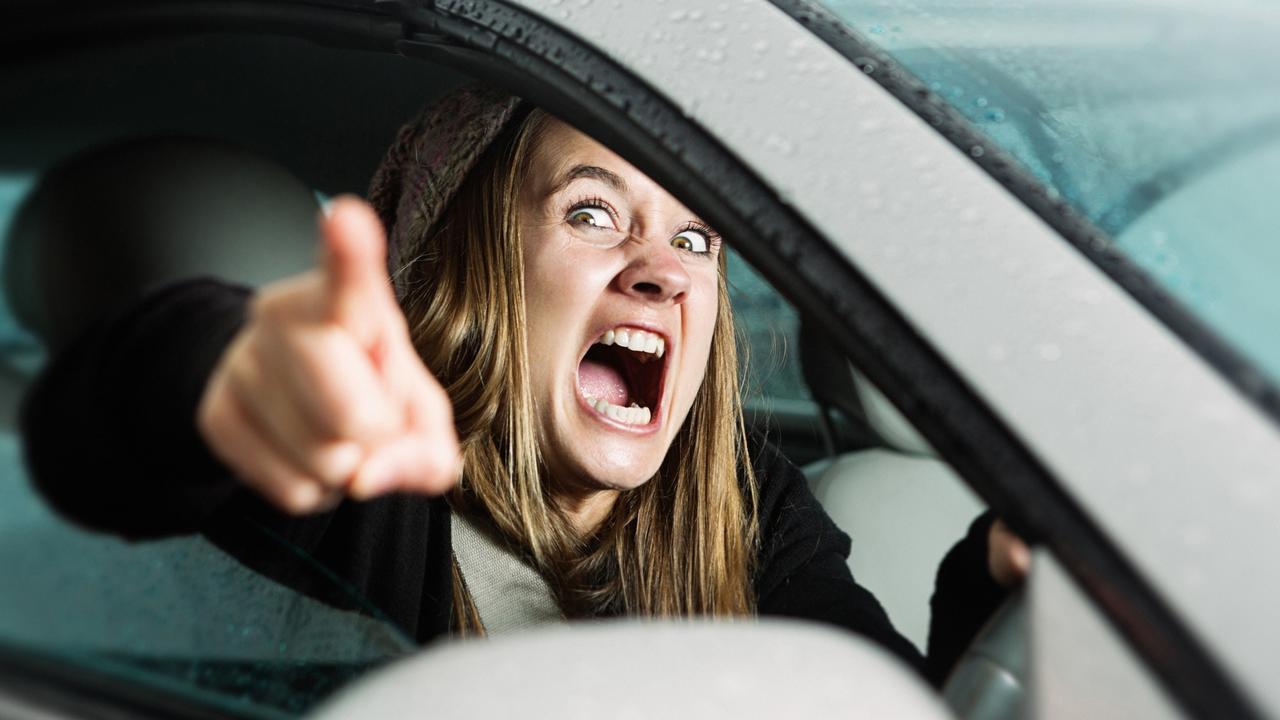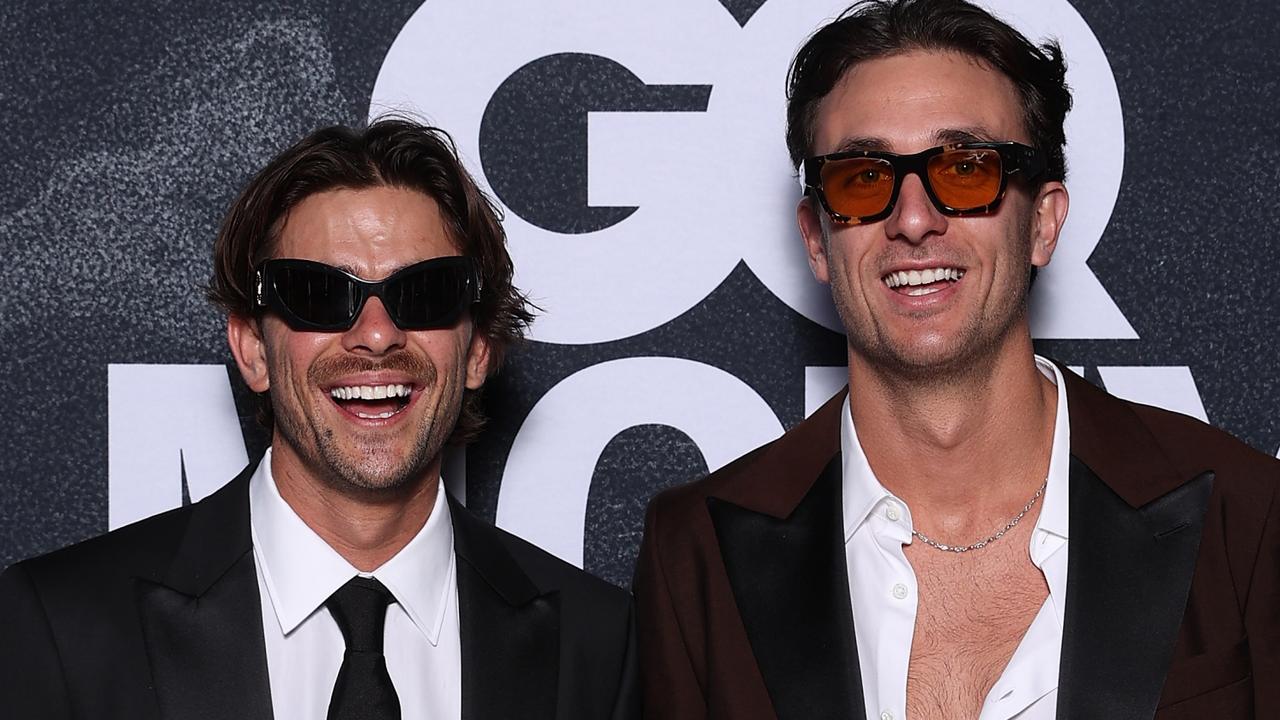More young people are paying attention to their hearing – this is your sign to do the same
Say goodbye to post-gig ear ringing

Lifestyle
Don't miss out on the headlines from Lifestyle. Followed categories will be added to My News.
More young people are wearing earplugs to concerts and taking notice of the volume when listening to music. When most 20-somethings don’t have hearing issues yet, why are so many prioritising hearing health?
If you’ve been to a concert, festival or gig lately, you’ve probably seen several people wearing earplugs. Whether they’re wearing cheap foam or jewellery-resemblant iterations, audience members, DJs, singers and bands are jumping on the trend.
More young people are wearing hearing protection, but most of us don’t have hearing problems yet – so why are earplugs growing in popularity?

Why hearing protection is getting more popular
According to a study by Hearing Australia, up to 70 per cent of Australians between 18 and 35 have experienced tinnitus, and 16 per cent of them experience it more than once a week.
And young people are growing more aware of the annoying ringing that can come with hearing loss.
Academic director of Macquarie University Hearing David McAlpine told the ABC concerts and clubbing are now "the main cause" for hearing loss.
Our DJ friends are telling us, our smart watches’ noise notifications are telling us, and celebrities are telling us to protect our hearing.
Coldplay frontman Chris Martin has spoken about his struggles with tinnitus, saying in 2012 that he’d had the condition “for about ten years, and since I started protecting my ears it hasn’t got any worse – touch wood.”
“Now [the band] always use moulded filter plugs, or in-ear monitors, to try to protect our ears”, he said.
Jack Antonoff also promoted earplugs last year after receiving backlash for using them during Katy Perry’s VMAs performance.
The music producer jokingly clapped back, posting to X “I would like to tell you directly from me that i did in fact use earplugs the other night. they were blue ‘hearos’ brand and im mortified to admit that i’ve been using them for a long time as well as buying them in bulk. i would also like to be honest and get ahead of that fact that i do not only use them when in 100 plus DB environments. it is humiliating to admit that i use them on planes and every night while sleep.”
Earplugs that don’t dull the music
Audiologists say the cheap foam earplugs you can buy at chemists are more than enough to protect your hearing, but some can feel ill-fitting and affect how well we can hear our favourite artists.
Clinical audiologist and University of Melbourne lecturer Dominic Power told the ABC the aim of these is to cut out all noise, "leaving a very muddy, muffled sound quality".
While he said the option is better than nothing and "comfortable, easy to access and safe to use", you don’t have to sacrifice sound quality to avoid the dreaded post-gig ear ringing.
The expert said many of the more expensive earplug options “tend to have acoustic filters in them, [giving you] better sound quality – like you've just turned down the master volume, so you'll be able to hear a bit more of that detail, and a more balanced sound."
Depending on what you’re after, there are now so many cool and comfortable variations to protect your ears without affecting your experience.
If you’ve been on social media in the last year, you’ve probably seen ads for Loop – who offer earplugs for loud concerts, social settings and noise cancellation in metallic or coloured designs that look like jewellery. They come in a range of sizes, and their Switch 2 model even has volume control.
If you want a more discrete option, EARasers offer great earplugs that are virtually no-show.
When to use earplugs
Audiologist Brooke Rose from Audiology Australia told Triple J Breakfast last year “At 85 decibels you've got roughly eight hours of safe listening before you could potentially be doing hearing damage."
"Most festivals are going to come in at 105 [decibels]. Really high sound levels, depending on how close to the speakers you are”, she said. “So you should be using earplugs, for sure, when you're in places like that."
The speakers in our headphones can do some damage too. Dr. Bradley B. Block, an otolaryngologist and host of the Physician’s Guide to Doctoring podcast recommended we “never listen to headphones or earbuds at full volume” as the speakers in a lot of modern headphones are too powerful.
Audiometrist and CEO of ready-to-use hearing aid company PocketAid, Don Hudson agreed, saying we should “keep headphone or earphone volumes at safe levels, as excessive noise is a leading cause of hearing loss, even among younger generations.”
On top of protecting your ears, earplugs have the added benefit of blocking distracting noise if you’re neurodivergent or just easily overstimulated. So they’re great to pop in if you’re struggling in a social setting but don’t want to be disconnected from the conversation.
So if one of your priorities for the new year is to go to more concerts, take this as your sign to throw some earplugs into your bag so you don’t take home merch and hearing damage from your next gig.
More Coverage
Originally published as More young people are paying attention to their hearing – this is your sign to do the same





